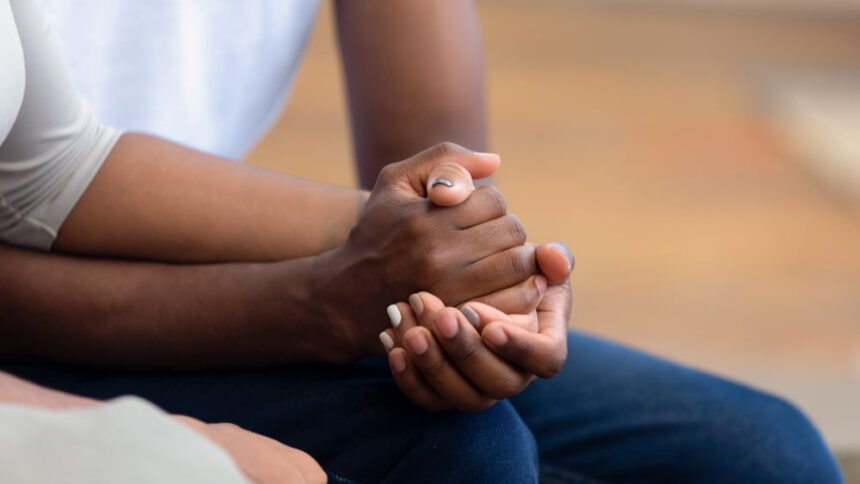When a loved one dies and grief hits, it may feel like you will never be okay again. Around 72% of people are intensely grieving the loss of a friend or family member for the 12 months. Grief can manifest in many ways, but it is never pleasant.
Whether it’s like a freight train or being plunged into icy water, or the many other ways a loss is described by those who have experienced loss, it’s normal to feel completely overwhelmed. However, it’s vital to be kind to yourself at such an emotionally devastating time and realize that everyone grieves in different ways. There is no correct way to grieve. During such a difficult time, it’s normal to experience intense and unexpected emotional responses, and many people try to push them away. But the disassociation can make things worse, so it’s essential to let yourself feel your pain to find a way to live on the other side.
Prioritizing Your Mental Health is Crucial After Losing a Loved One
Often grief following a loved one’s passing isn’t predictable and in no way adheres to the “stages of grief” model – there is no one size fits all. There are a lot of useful ways to treat depression. While grief is different from depression, there are some overlapping treatment tips. So, we’ve added some points below to help support your mental health during this grieving journey.
Seek Support
Losing someone you love is earth-shattering and life-changing, and it’s normal to want to isolate yourself from others, but this is not the time to be alone. Seeking support will help in your healing journey. Remember talking about your feelings won’t make you a burden, and while some people you know may find it all too uncomfortable to deal with and be able to help you, others will be eager to support you in expressing your feelings. Beyond family and friends, consider joining a bereavement support group to share your grief with others who have had similar losses and can help you feel less alone and able to cope. Talking to a bereavement therapist and seeking professional support is another avenue to help work through difficult emotions.
You can even see an online therapist. They became a lot more popular during the pandemic.
Self-Care is Essential
It’s easy to neglect yourself in the jumble of stress, trauma, and intense emotion that is grieving. Unchecked, these can accumulate and have a devastating effect on your long-term immune system health and take a severe toll on your mental and physical wellbeing. Therefore, it’s essential to manage your stress and do a few things you probably don’t want to right now – things like exercising and eating correctly can help you sleep and put you in a better frame of mind. Other tools that can help include deep breathing, something like meditation or getting fresh air by spending time in nature, and something to keep you moving, such as yoga.
It’s also essential to do things you love when grieving, such as a favorite hobby, sport, or another interest that adds meaning and purpose to your life. A routine that you love can be incredibly comforting. And while it’s tempting to use substances to help you cope, excessive alcohol and drug use will worsen things in the long run.
County Funerals Are Here to Help
If you would like more information or further advice on any aspect of funeral arrangement, reach out to one of our experienced funeral directors for a chat.










